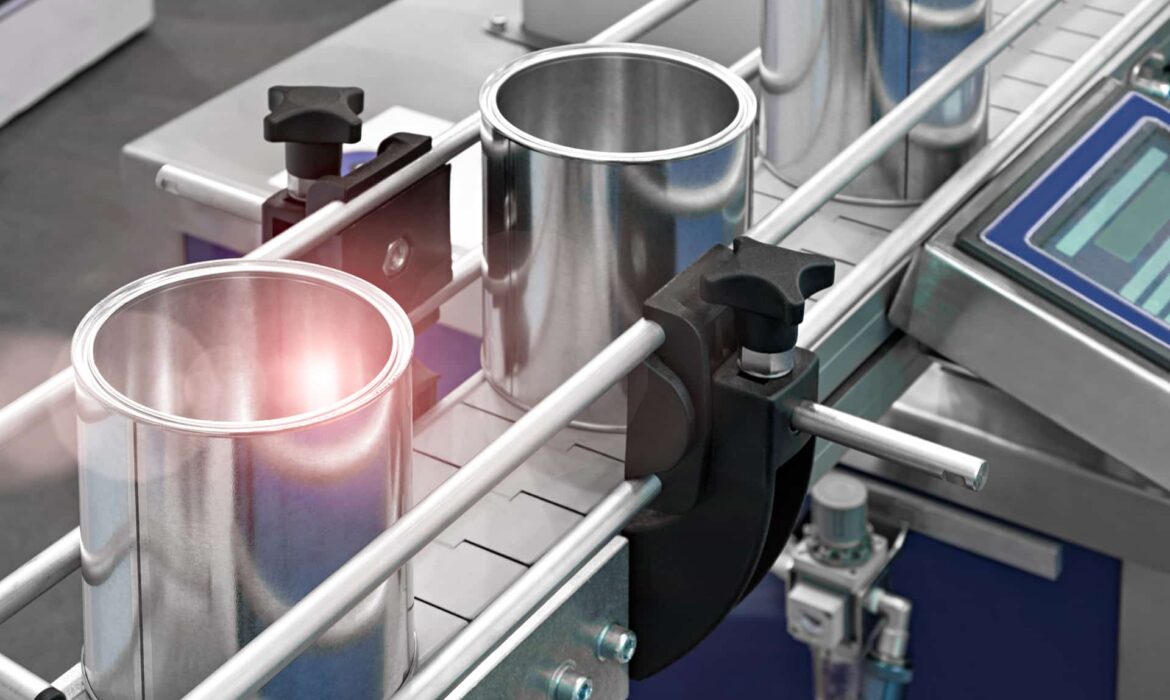
The Future of Packaging: Balancing Sustainability, Cost, and Innovation
We will explore how businesses can more effectively navigate an evolving market landscape by critically evaluating their existing packaging strategies and exploring innovative alternatives.
Is your thriving food and drink business ready to scale?
We discuss how should food and drink businesses prepare to scale and when should they move from planning to implementation.
Going beyond lean manufacturing
The UK’s aerospace industry has seen significant improvements in productivity but the truth is that much more could be achieved by accelerating the adoption of digital technologies and enriching the skills base.
Increasing capacity and meeting decarbonisation goals – can it be done?
We discuss the cost and infrastructure considerations of switching to an all-electric fleet of off-highway vehicles.
It’s time to embrace Chinese EV capability
EV makers in the UK and Europe are warning that Zero Emission Mandates are simply not doable and subdued levels of demand could force them to close factories. Should the industry embrace Chinese capability before it’s too late?
Optimising perishable inventory
In this insight we outline five ways to improve inventory management for products with a short shelf life.
The impact of the electronics component market in the pursuit of greener technologies and decarbonised products
In our latest report we examine the impact of power electronics and the importance of inverters in EV manufacturing.
Putting factory-based production in the spotlight
Are manufacturers prioritising investment in digital capability and Industry 4.0 technologies?
Collaboration key to managing supply shocks
Manufacturers need to collaborate closely with suppliers to mitigate the impact of shocks and supply chain disruptions.